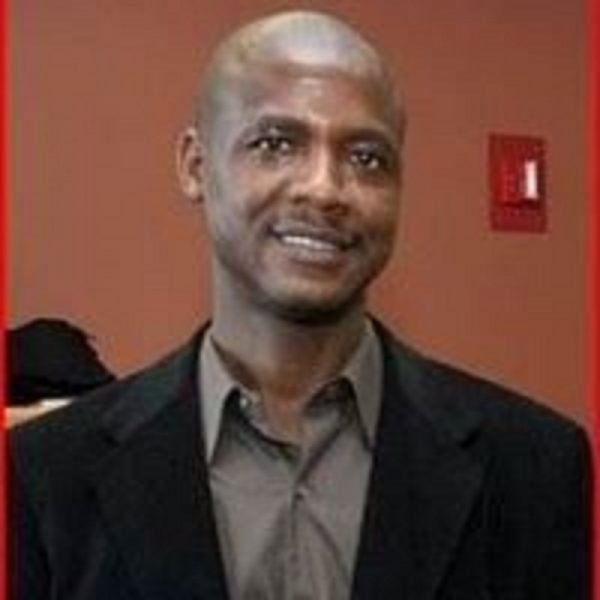In an era filled with political spin and entrenched biases, it is rare—and refreshing—to witness an activist cut through the noise with truth and clarity. Gambian diaspora commentator Juka Ceesay recently provided such a moment in her impactful Wolof language podcast, where she offered a sharp critique of leadership ethics and systemic inconsistencies, particularly regarding Lawyer Essa Mbye Faal.
While I may not agree with many of her political positions, I was genuinely impressed by her capacity for critical thinking, eloquence, restraint, and courage. In a time when most commentary focuses on symptoms, personalities, party loyalties, and fleeting scandals.
Juka dug deep into the structural dilemmas at the core of our governance crisis. Her analysis concentrated on the alleged ethical contradictions in Lawyer Faal’s acquisition of government land during his time as lead counsel for the Truth, Reconciliation, and Reparations Commission (TRRC).
Juka posed a challenging question: Can one critique systemic corruption while simultaneously benefiting from that very system? She argued, with evidence and precision, that integrity in public leadership must be consistent, not convenient.
More importantly, she called out the silence and complicity of those who claim to support justice but look away when their favorite public figures are implicated. As she reminded us, this is how hypocrisy thrives.
Activism, when genuinely rooted in principle, should not be tied to partisan sentiment. To be credible, a critic must have the courage to speak the truth, even when it is uncomfortable. Juka’s commentary transcended the individual; it reignited essential conversations about governance, leadership ethics, and the role of activists in holding all sectors accountable. While she may have her own political biases, she delivered what we expect from principled advocacy: uncomfortable truths, fact-based reasoning, and bravery in the face of popular resistance.
We need more voices like hers—voices that dare to challenge not only presidents or opposition leaders but also entire systems of impunity and selective outrage. Too often, critiques in The Gambia are weaponized—dismissed as tribalism, vilification, or betrayal. Yet no one is above scrutiny. Constructive criticism is not anti-Gambia; it is pro-accountability.
As a nation, we are still faced with the consequences of a broken Coalition Transition Agenda. We cannot afford intellectual complacency. Regardless of one’s education level, every Gambian has a role to play in shaping national progress. Our greatness must not be tied to a personality; it must be anchored in principle.
To build a better future, we must foster fact-based discourse and reclaim our civic duty to question. Our pundits, activists, and commentators must rise above tribalism and ideology and embrace the hard work of truth-telling. Juka Ceesay exemplified this. For that, she deserves our commendation.





